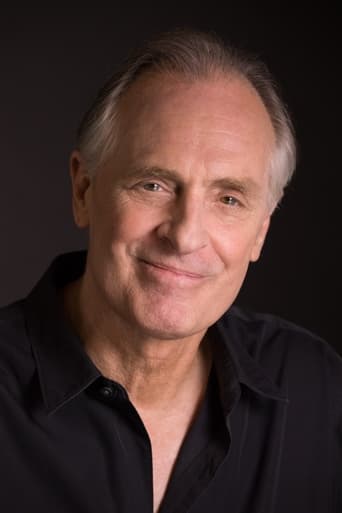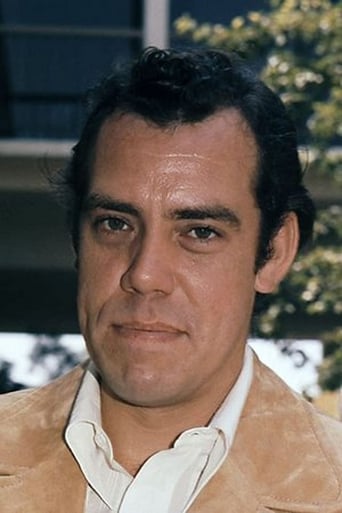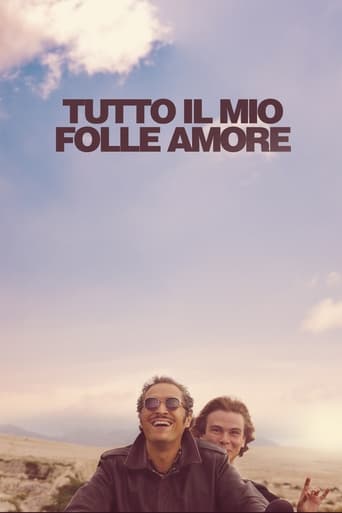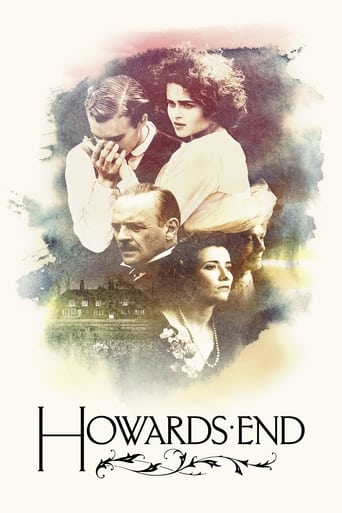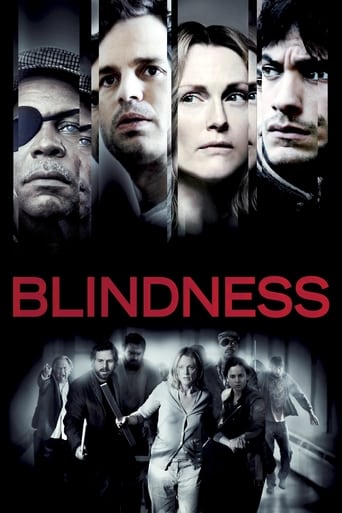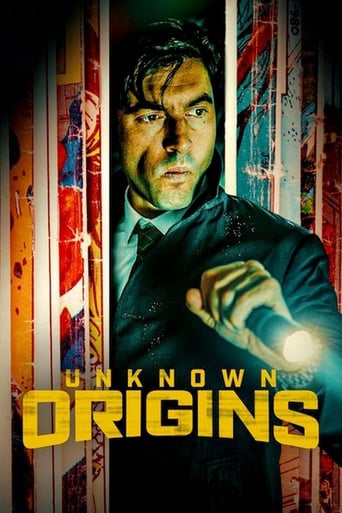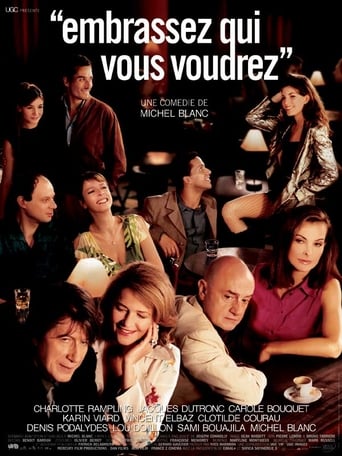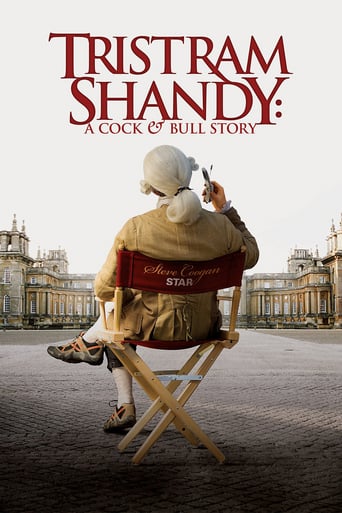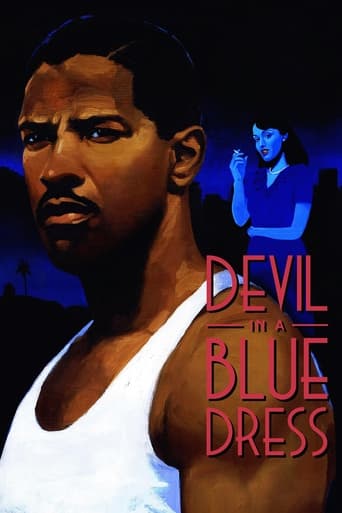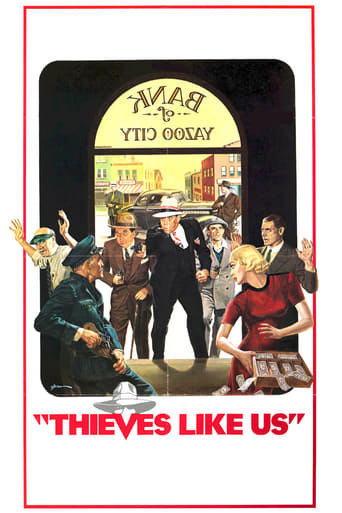
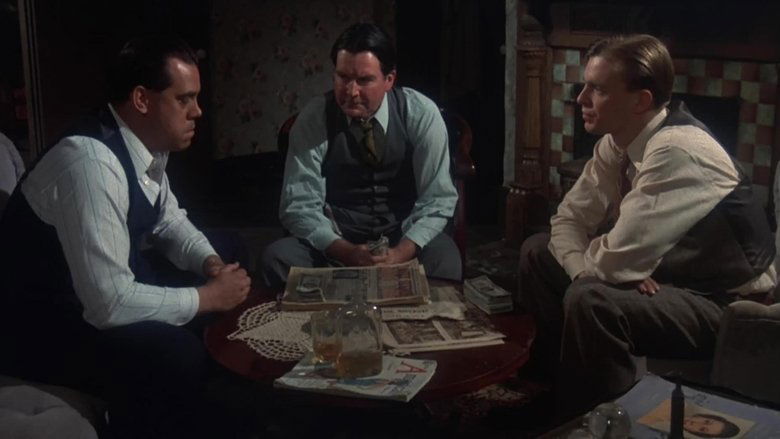
Thieves Like Us (1974)
Bowie, a youthful convicted murderer, and bank robbers Chicamaw and T-Dub escape from a Mississippi chain gang in the 1930s. They hole up with a gas station attendant and continue robbing banks. Bowie, who is injured in an auto accident, takes refuge with the daughter of the gas station attendant, Keechie. They become romantically involved but their relationship is strained by Bowie's refusal to turn his back on crime. The film is based on the novel Thieves Like Us by Edward Anderson. The novel is also the source material for the 1949 film They Live by Night, directed by Nicholas Ray.
Watch Trailer
Cast
Similar titles
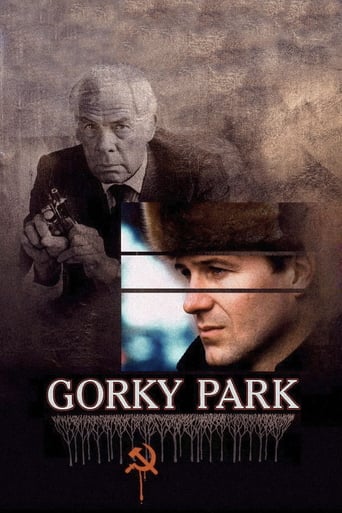
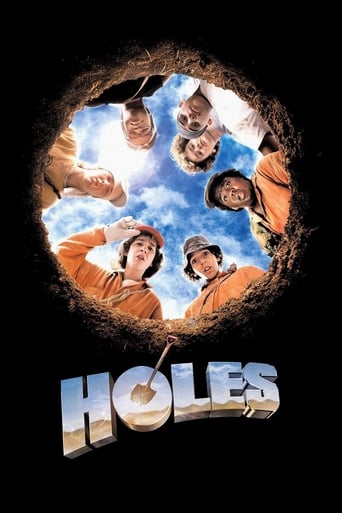
Reviews
That was an excellent one.
When a movie has you begging for it to end not even half way through it's pure crap. We've all seen this movie and this characters millions of times, nothing new in it. Don't waste your time.
It is both painfully honest and laugh-out-loud funny at the same time.
Through painfully honest and emotional moments, the movie becomes irresistibly relatable
Two convicts break out of prison in 1936 to join a third on a long spree of bank robbing. The youngest of the three (Keith Carradine) falls in love along the way with a girl (Shelley Duvall) met at their hideout, the older man is a happy professional criminal with a romance of his own, the third is a fast lover and hard drinker fond of his work.This is the second film that Keith Carradine and Shelley Duvall worked on together, the first being "McCabe and Mrs. Miller". They would work together again on "Nashville" and Duvall would appear in more Altman films than any other actor.The film was based on the novel "Thieves Like Us" by Edward Anderson, which was also the source material for the "They Live by Night" (1949). Whether Altman was familiar with the older film or not is unclear, as he expressed a liking for the novel and had Joan Tewkesbury write a script based off it. There is no indication the older film had an influence at all.In order to make this film, the studio required Altman to make a film about country music, which would become "Nashville". As some consider the latter his best work, they have Altman's dedication to this film to thank. Others may enjoy this more, as it is a bit more like his previous film, "The Long Goodbye", which is the other contender for Altman's best film.
Thieves Like Us (1974)I really like most Robert Altman Films, but I never quite love any of them, even famous films like "MASH" or "Short Cuts." And "Thieves Like Us," which is a kind of loose remake of a favorite of mine, "They Live by Night" (1949, Nicholas Ray), is another really enjoyable, well made movie that lacks some kind of edge--creative, aesthetic, social, something--to set it off as remarkable and fresh. You might get the most out of this by just settling in and enjoying it, a plot that purposely lacks some of the high romance of, say, "Bonnie and Clyde" or some other outlaw-on-the-run movie. But if you do see the earlier Ray version, which is based on the same novel, you'll at least notice the way movie production has changed from the great Hollywood years of the 1930s and 40s to the New Hollywood inventions of the late 60s, early 70s. This movie lacks the sheer beauty of the first, the perfection, made possible by studio shooting. Here, it is all location work (in Mississippi), which adds authenticity and atmosphere, but which also keeps it from the kind of tight control of a typical 40s film. Another difference might simply be that this is a Altman movie and the other is by the inimitable Ray, who was able to fill his characters with humanity and heart, and so even lesser known actors (all of them) come alive fully. Altman's characters have all the quirks and nuances of real people, and though it doesn't feel a bit like a documentary, you do have a feeling that none of this rises above. It is meant to be grounded in a kind of realism that gives it authenticity over heightened drama. It's a choice I appreciate, even if it sometimes deadens the film.The plot is important for how it makes bank robbers as ordinary as you or me (hence the title). The augment to this is that we are supposed to identify with them--or by a stretch, we could picture ourselves doing the same thing. But that's just not true. The robbers seem very regular and normal, but they also seems selfish and stupid. They plow ahead regardless of better options. And it's too often about money--money they never actually use (they live in squalor) or know how to dream about using (they have few dreams, in fact). The leading couple here does have a romance, and it's truly touching, but also tragic. Altman can't help but pull a "Bonnie and Clyde" ending, of sorts (slow motion violence) but it feels hard and nasty. Maybe it's supposed to, a reaction to police authority appropriate for 1974.So what do we really have? A substantial, well made, restrained movie that plays a little too much by the book--the new book, the New Hollywood book, but a little timid cinematically.
Lackadaisically effective remake of Nick Ray's "They Live By Night", a handsome 1950s film noir where the characters, although played by some terrific actors, always seem ready to break into song, this is to that film what "The Long Goodbye" is to "The Maltese Falcon"... turning slow-burn cool into an idle handed, haltingly-paced, shaggy Devil's playground. Keith Carradine turns in a flighty, dazed, yet realistically down-home performance as the boyish escaped-convict sandwiched between two older, and in some ways, more experienced criminals. It would be hard to take the two side baddies, played by John Schuck and Bert Remsen, very seriously if they were cast as tough guys in a tough guy film to begin with. All three are desperate, pathetic losers who rob banks for a quick buck - one of them, Schuck, happens to be quite dangerous when cornered. The dialog between the trio are like grownup kids stuck in an endless detention class (i.e. prison). And Shelley Duvall's moll, unlike the first film's beauty (played by an actress who's more gorgeous than corn-fed/homely), is really a side character, used prominently in the second half after Carradine's injured in a car wreck. And while their chemistry lacks the instantly-driven-spark of the original, it's nice to have the romantic aspect - more accidental than staged - tucked in the backseat where (I feel) it belongs. But the most effective element isn't the acting, or Robert Altman's ever-gliding camera-work, but the radio programs, like "The Shadow", playing in the background throughout, providing a subliminal narration dictating events such as the crooks robbing their banks - which we only see from the outside two out of three times - or the programs running during the downtime, between bank jobs; all these scenes which can seem quite boring to anyone expecting an actual gangster film, but is what, in my opinion, makes this anti-gangster picture click. And is why I prefer it to the original. Beautifully-shot melodrama is replaced with an uncontrived, purposely sloth-toed tale about what (unconventionally-cast) criminals do when they're not doing bad things. And Louise Fletcher, as Remsen's relative who allows the men to stay in her house, gives a subtly-sly performance you have to watch a few times before fully realizing she's more than just filler.
Back to the 30's, folks. I was there, I know. It wasn't that you saw Coke everywhere, it was the only soft drink you saw. There were no machines with a choice. There was a big red Coke cooler sitting at the service station, another outside the grocery. Some of them were serviced by the local ice company, that is; no motor, just ice. A lot of times they had a padlock on them, in other places you just lifted the lid, helped yourself and left your nickel. Later they graduated to some with slots where you could put your nickel. No point in showing people in this movie drinking anything else, except maybe iced tea. No one else had the coolers, and so all you saw was Coke. Add to that the amount of fountain coke we drank. And it took Robert Altman to make us all think about it.
